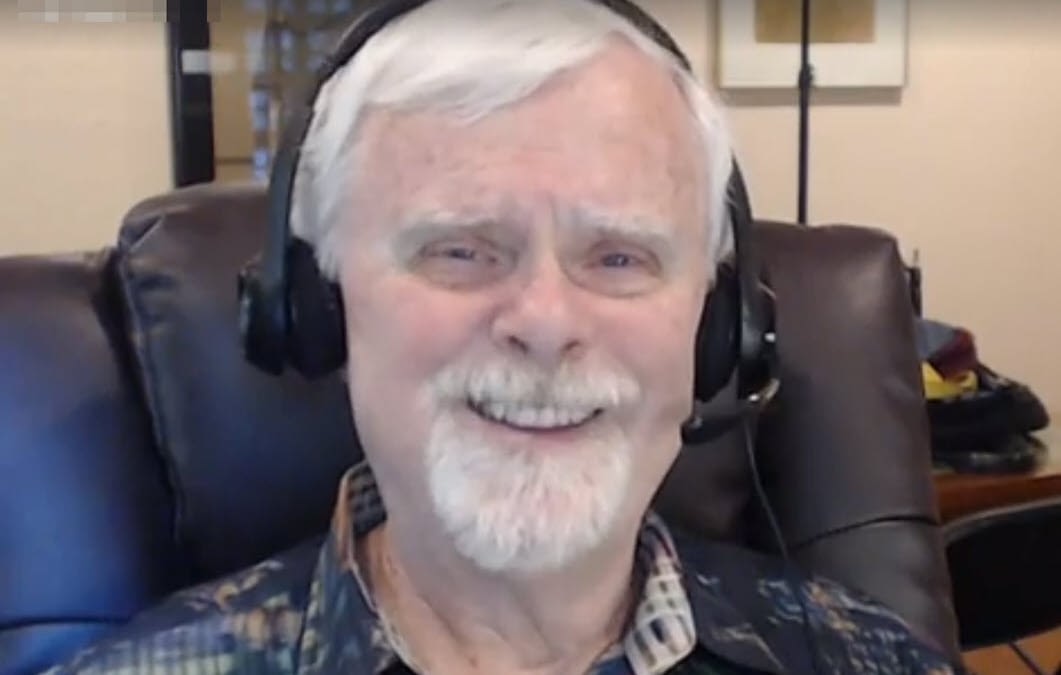
066: Five Secrets Training–The Disarming Technique
Overview of the Five Secrets of Effective Communication

Overview of the Five Secrets of Effective Communication

Overview of the Five Secrets of Effective Communication

How would you treat excessive worrying? Does Generalized Anxiety Disorder actually exist?

Is there anything positive about hopelessness or an addiction ? What does it take to be a “worthwhile” human being?

1. Will people manipulate you if they know you’re using the Five Secrets of Effective Communication? 2. How can we motive depressed patients when they have little or no motivation in the first place?

Answers to your questions about depression and anxiety